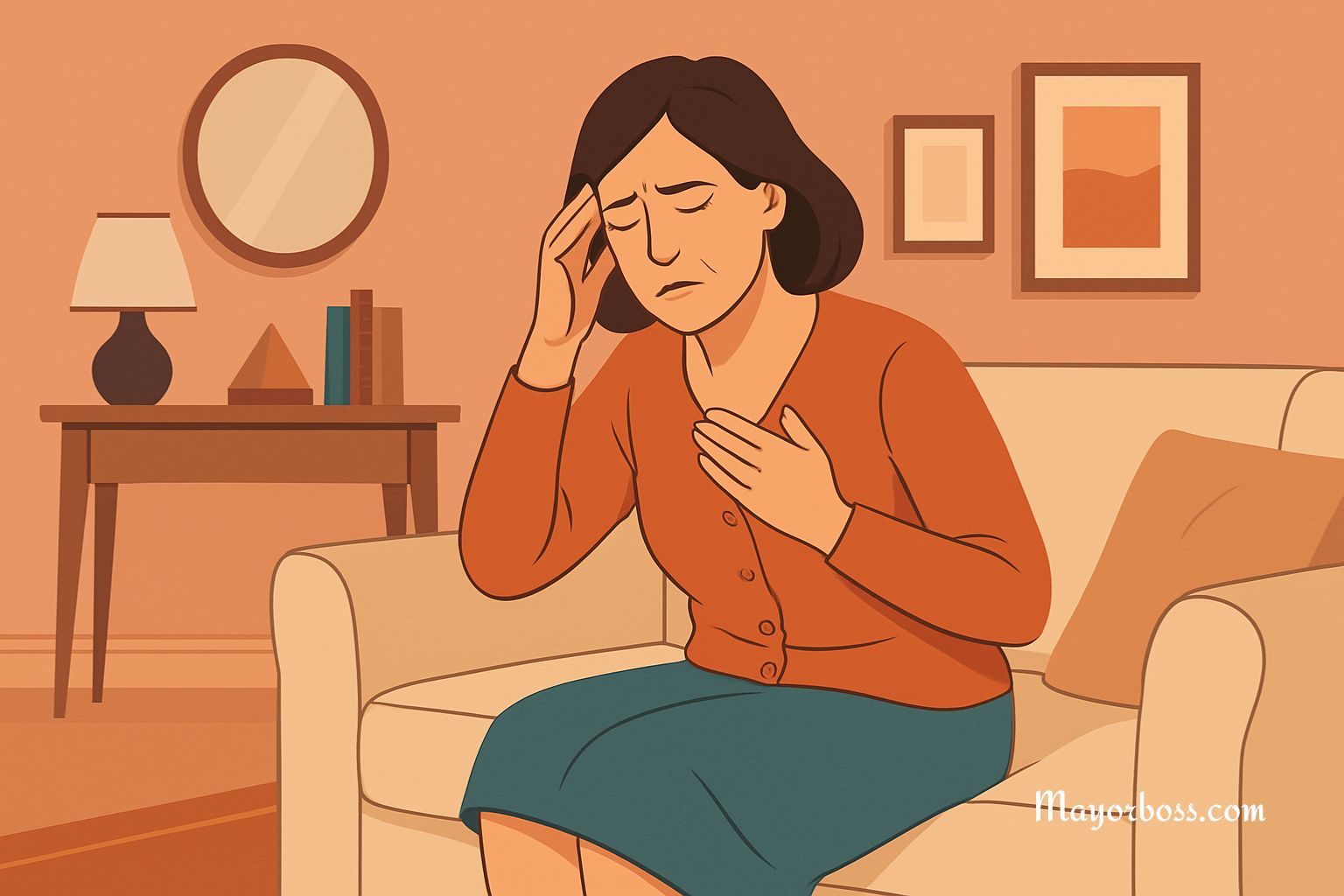The Best Time to Go to Bed According to Your Age
Getting enough sleep is super important for your health, and when you go to bed, it plays a big part in that. But did you know that the best time to go to sleep can change depending on your age? As we grow, our sleep needs change. Experts recommend sleep hours that help you feel rested and ready to take on the day.

Babies and Toddlers: Early Bedtimes Help Them Grow
Babies, from birth to one year old, need a lot of sleep—sometimes up to 17 hours a day! The best bedtime for babies is usually between 6:30 p.m. and 7:30 p.m. This early bedtime matches their natural sleep cycles and helps them get the rest they need to grow and develop.
When babies grow into toddlers (ages 1 to 3), bedtime can stay around 7:00 p.m. to 8:00 p.m. Experts say an early bedtime is good for toddlers because it helps them behave better and gives their brains time to process all the new things they learn every day.
School-Aged Children: Bedtimes That Keep Them Focused and Full of Energy
For kids ages 4 to 12, the best bedtime is usually between 7:00 p.m. and 9:00 p.m. Younger kids might need to go to bed earlier, while older kids can stay up closer to 9:00 p.m.
Kids need at least 9 to 12 hours of sleep each night, according to the Centers for Disease Control and Prevention (CDC). Going to bed on time helps them have the energy to learn, play, and stay focused during their busy days. It also helps them avoid being cranky and supports their growth.
Teenagers
Teenagers (ages 13 to 18) need about 8 to 10 hours of sleep per night, but it can be tough for them to get enough sleep because of school, activities, and social lives. The National Sleep Foundation suggests teens aim for a bedtime between 9:30 p.m. and 10:30 p.m. if they have to get up early.
Many teens find it hard to fall asleep early because of changes in their internal clock. This is why it’s important for parents to help teens have good sleep habits—like cutting back on screen time before bed—to help them relax and get enough sleep.
Young Adults
Young adults, ages 18 to 25, should get about 7 to 9 hours of sleep each night. A good bedtime for this age group is usually between 10:00 p.m. and 11:30 p.m., depending on when they need to wake up.
Balancing work, school, and social life can make it tempting for young adults to stay up late. However, research shows that keeping a regular sleep routine helps improve productivity, reduces stress, and makes you feel better overall. Sticking to a regular bedtime also helps avoid feeling tired and sluggish from irregular sleep schedules.
Adults
Adults aged 26 to 64 still need about 7 to 9 hours of sleep each night, though individual needs can vary. The best bedtime for adults is usually between 10:00 p.m. and 11:00 p.m.
Having a regular bedtime is important for staying healthy. Studies show that staying up late, especially after midnight, can mess up your body’s natural rhythm and lead to poor sleep. This can cause more stress and weight gain and even weaken your immune system. Going to bed at a consistent time helps keep your energy steady and makes it easier to focus during the day.
Older Adults
People aged 65 and older usually need about 7 to 8 hours of sleep. Older adults often get sleepy earlier, with a good bedtime between 9:00 p.m. and 10:00 p.m. This change happens because of a natural shift in their body’s clock, which makes them feel tired earlier.
Going to bed earlier can help older adults get the sleep they need without waking up too much during the night. Sticking to a regular sleep schedule can also improve memory, mood, and overall quality of life.
Tips for Improving Your Sleep Schedule, No Matter Your Age
- Stick to a Routine: Going to bed and waking up at the same time each day helps your body’s internal clock.
- Create a Relaxing Bedtime Routine: Try reading, listening to calm music, or taking a warm bath to help your body get ready for sleep.
- Limit Screen Time Before Bed: The blue light from phones, tablets, and computers can make it harder to fall asleep.
- Watch What You Eat and Drink: Avoid big meals, caffeine, and alcohol before bedtime, as these can make it harder to sleep.
- Keep Your Bedroom Comfortable: A cool, dark, and quiet bedroom makes it easier to fall asleep and stay asleep.
Final Thoughts
No matter your age, having a regular bedtime is key to staying healthy. The right amount of sleep helps you stay focused, energetic, and ready to handle your day. By setting a bedtime that fits your age, you’re giving your body the best chance to rest and do its job well.
Whether you’re helping a child get into a good sleep routine or trying to improve your own sleep, remember that being consistent is what matters most. Find a bedtime that works for you, and make sleep a priority—your body and mind will be happier for it.






